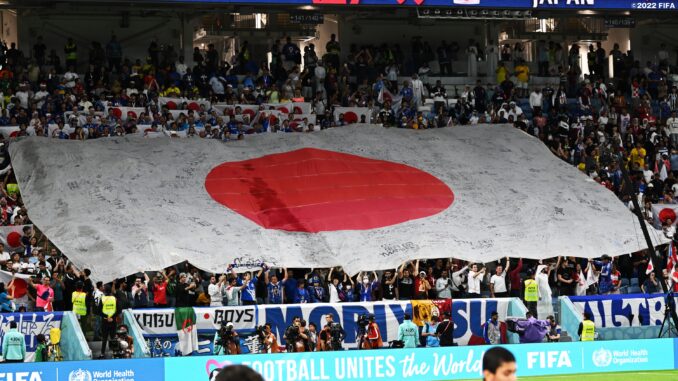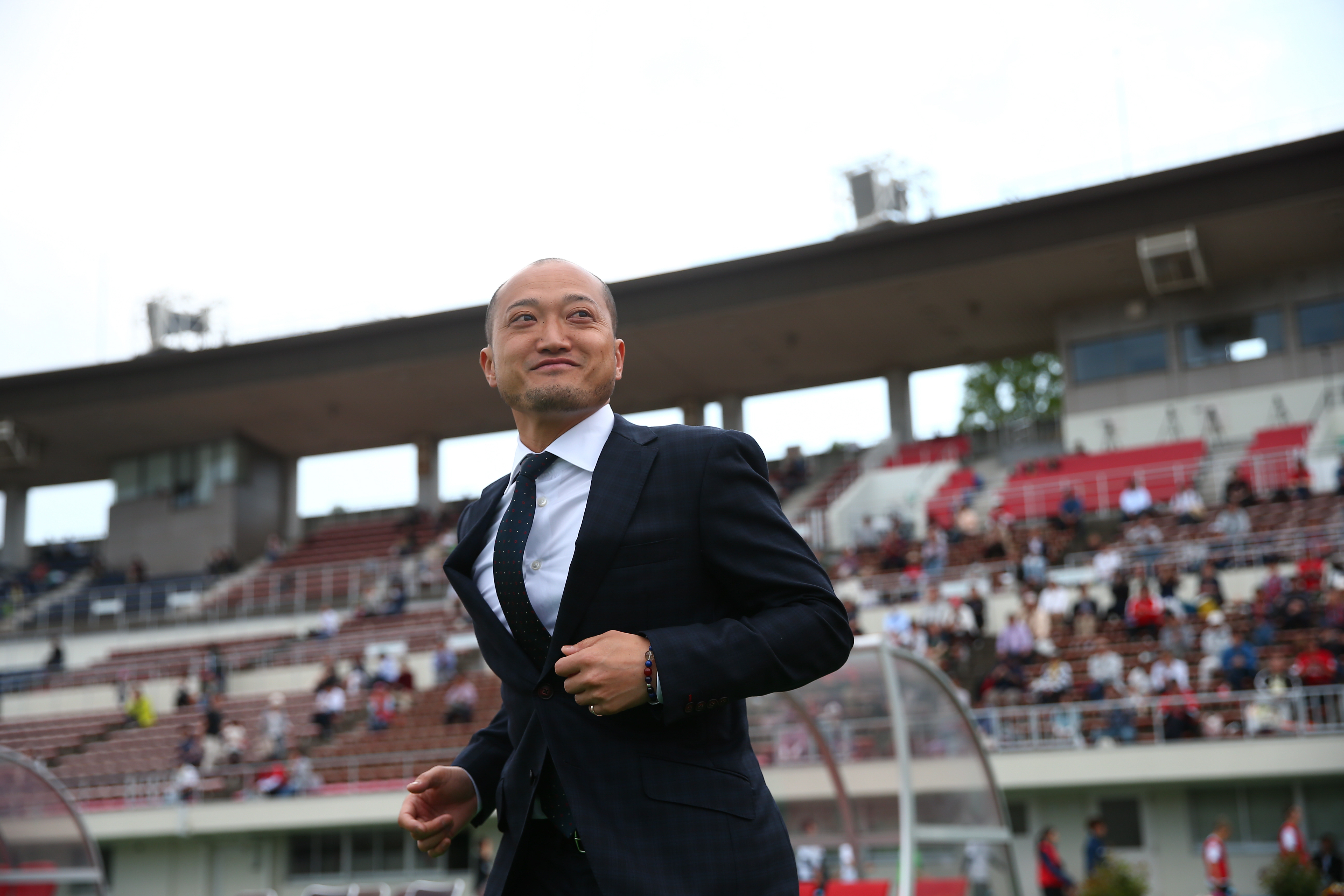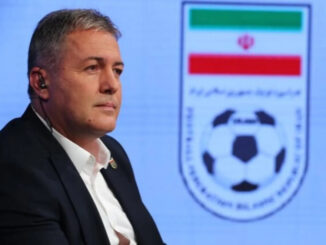

The Asian Game’s coverage of the FIFA World Cup Qatar 2022 is proudly sponsored by SMC.
One by one the AFC dominoes fell, Japan preceding Korea Republic by a matter of hours, like twins fighting not to be born, in exiting the World Cup.
The nations’ stated aim of reaching the quarterfinals lies unfulfilled, the dream of reaching the last eight for the first time, shattered on the Al Janoub pitch after they fell on penalties against Croatia.
Although there was the occasional spell of possession and a marginally more positive approach, at least for parts of the first half, this was another uninspired performance from a Japan side whose results on paper don’t match the kind of football they served up.
Indeed, it was only this final clash against Croatia where they had even a halfway positive xG (1.52) with the numbers against Germany (1.33), Costa Rica (1.05) and Spain (1.24) all poor.
Not in a single match did they have the greater share of possession (with 22% against Germany and an astounding 14% against Spain being the lowlights) whilst they had a – wait for it – grand total of 13 shots on target across the entire four matches.
Other coaches have departed the tournament at the same time as their team has bowed out and the question now is what the JFA decide to do with Hajime Moriyasu.
Frankly, it would be amazing and it would speak volumes about the decision makers at the JFA were they to determine that this is right course.
Embed from Getty ImagesAs I’ve said repeatedly this is a generation of Japanese players that should be aiming to win the World Cup not aiming just to compete or take what they can in moments, scrapping like an underdog, as they did here in Qatar.
The truth is the team had a strong 20-minute spell against Germany, barely 5-10 minutes against Costa Rica and ten minutes at the start of the second half against a Spanish side that had put on a live reading of the poetry of possession football over the first 45.
Against a modest Croatian outfit Japan struggled to find a way to hold the ball and work through the lines with multiple occasions of passes being simply hit too hard or soft and runs not made or rewarded seeing possession lost.
The constant shape shifting and miscasting of players – the persistent use of Kaoru Mitoma, the most dynamic attacking threat in the squad, as a left wingback was bordering on criminal – meant that a squad which had been built on solidity, established patterns and approaches was suddenly seemingly learning on the fly.
Yes, it produced results against Germany and Spain, but they were matches where Japan was clearly second best.
The whole narrative around gallant defeats and giant killing victories is holding back much of Asian football and, as the most technically gifted collection of players, that’s especially the case for Japan.
Embed from Getty ImagesWith an Asian Cup looming in barely 12 months’ time surely now is the ideal moment for change; a more progressive coach who will trust the squad to try and stand toe-to-toe with any opponent, a cleaning out of the veteran elements and an ushering in of the next generation.
If the performances had matched the results then a second round exit could be viewed as progress but this ends justify the means approach has to stop if Japan truly wants to take the next step.
WHAT THEY SAID
Hajime Moriyasu – Japan coach
“Of course we wanted to win and the result is unfortunate but it does not negate the efforts of all the players.
“We couldn’t break the barrier towards the final eight, but the players were able to show a new generation of Japanese football.”
Maya Yoshida – Japan captain
“Every day for four years we worked hard to break this barrier but we couldn’t get the results we wanted and that’s really hard to take.”
Photo: twitter/jfa_samuraiblue
Listen to The Asian Game’s ‘Doha Daily‘ live from Qatar 2022




